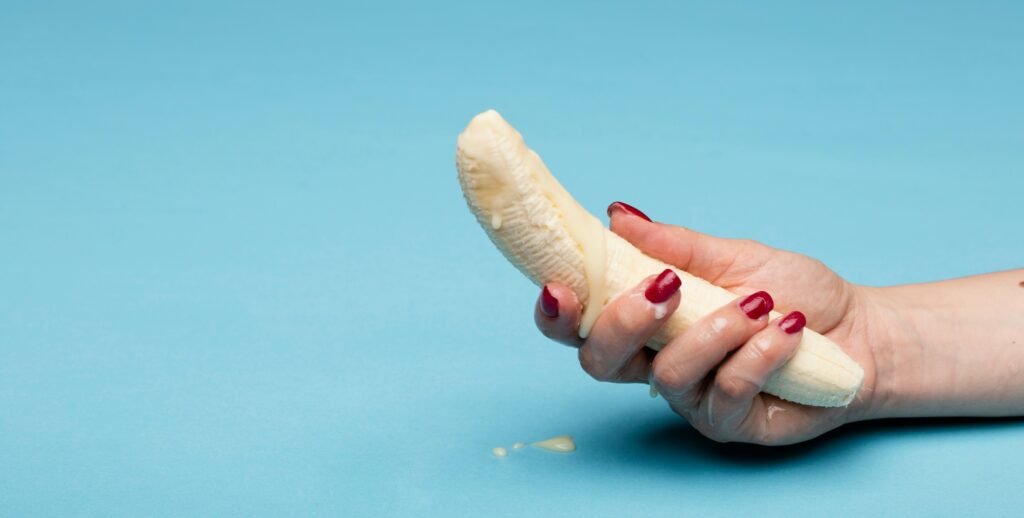With Christmas and New Year just on the horizon, everyone is getting ready to celebrate this festive season. These holidays often bring plenty of parties, delicious cocktails, and romantic hookups. But unfortunately, the rates of STD infection tend to rise during this time of the year. That’s why it’s important to remember to protect yourself and your partners by practising safe sex throughout the season. After all, no one wants an STD for Christmas.
Who Is at Risk of Contracting a Sexually Transmitted Disease?
Regardless of how often you hook up, getting tested for STDs regularly is important. Not all sexually transmitted diseases are symptomatic, and it’s possible to be infected and not even know it. Several STDs, including chlamydia, gonorrhoea, and even syphilis often have no symptoms, and you could unintentionally pass them along to a partner.
Anyone who is sexually active can contract an STI. However, studies have shown that young men and women under age twenty-five and gay and bisexual men who have sex with other men are most at risk of contracting an STD.
Things You Can Do to Reduce the Risk
Sexually transmitted diseases are spread by sexual contact. The only surefire way to prevent STDs is to be abstinent. Fortunately, there are several things that you can do to reduce the risk of contracting a sexually transmitted infection if you are sexually active.
Avoid Sex if You Have Genital Sores
If you or your partner has a rash, discharge, or genital sores, this could be a sign of infection. Avoid any kind of sexual contact until you both have had the chance to see your doctor and get tested for STDs.
Wear a Condom
If you’re sexually active, you should play it safe during the holiday season and every time you have sex. Use protection and wear a condom. Don’t worry about ruining the spontaneity of the moment. Your health is much more important than avoiding a potentially awkward conversation. Besides, nothing ruins the mood quite like contracting an STD.
Get Tested
While not having sex is the only sure way to prevent sexually transmitted diseases, if you are sexually active or thinking about it, getting tested is important. You should get tested before becoming active with any new partner. You should also get tested if you or your partner has signs of an STD.
But Don’t Test Too Early
It’s important to get tested before having sex with a new partner. However, if you didn’t get tested and are concerned about an STD, make sure you wait at least 14 days to get tested. Not all sexually transmitted diseases develop as soon as transmission occurs. The incubation period refers to the time it takes to contract a disease and for it to become detectable on a screening.
Chlamydia, gonorrhea, and syphilis all have an incubation period of at least fourteen days, and may not be detected on an STD test before that. The incubation period for HIV is even longer, at twenty-eight days. Protection is essential during every sexual encounter while you’re waiting to get screened.
Final Thoughts
Anyone who has sex is at risk for getting a sexually transmitted disease. For peace of mind this holiday season, play it safe and get tested. Taking an STD test this Christmas will give you the information you need to keep yourself and your partners safe.
Sources
- World Health Organization: https://www.who.int/news-room/fact-sheets/detail/sexually-transmitted-infections-(stis)
- GOV.UK: https://www.gov.uk/government/news/new-sti-figures-show-rapid-increases-among-gay-men
- NHS: https://www.nhs.uk/common-health-questions/sexual-health/how-soon-do-sti-symptoms-appear/#:~:text=Symptoms%20usually%20appear%20after%202,follow%20a%20few%20weeks%20later





